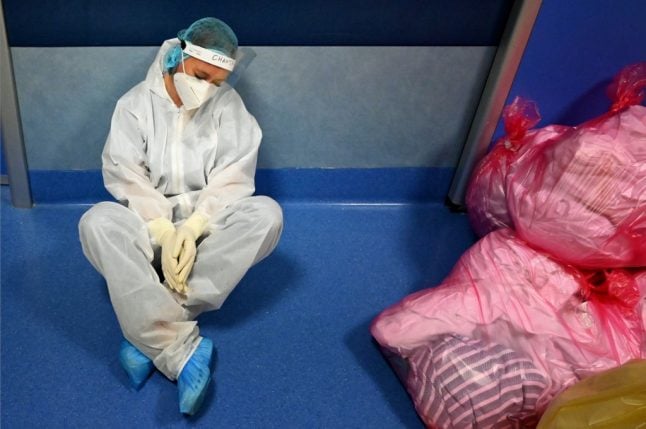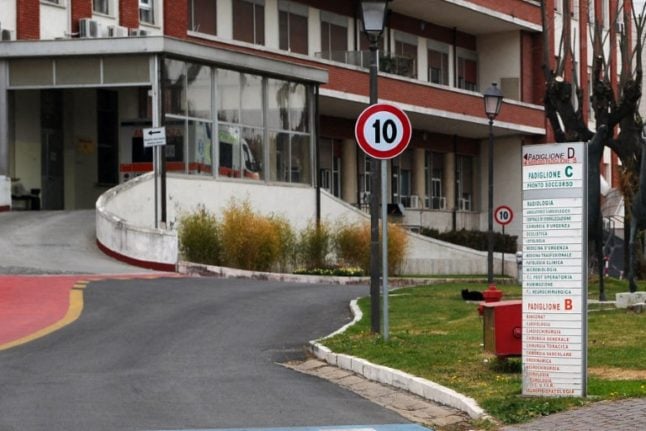“We have to close everything and we have to decide it today, not tomorrow,” said the governor of Campania, Vincenzo De Luca, whose region reported more than 2,000 cases in the past 24 hours.
“We're one step away from tragedy.”
Italy confirmed 19,143 more cases on Friday, its highest daily tally since the pandemic began.
There are now more than 1,000 Covid-19 patients in intensive care, and more than 10,000 in hospital. Another 91 people died in the past 24 hours.
“The epidemic is rapidly getting worse,” according to the latest weekly bulletin from Italy's Ministry of Health and Higher Health Institute.
“Measures are necessary, with priority given to the areas most affected, that favour a drastic reduction in physical interactions between people and can relieve the pressure on the health service, including restrictions on non-essential activity and mobility.”
While the numbers continue to rise, Italy's government remains determined to avoid another costly national lockdown.
But regional governors have been taking matters into their own hands, with nighttime curfews and other restrictions declared in at least five of Italy's 20 regions so far.
“We will move towards closing everything,” said De Luca on Facebook on Friday, who has already confined Campania's residents to their own provinces except for essential reasons.
“With the figures that we have, the ordinance that came into effect today isn't enough.”
READ ALSO:
- Campania orders residents not to leave their own province
- IN PHOTOS: Milan deserted as Italy's first curfew begins
- How Italy's regions are tightening Covid-19 restrictions
Several regions have now imposed restrictions within their own borders, with Campania, Lombardy, Lazio, Calabria and Piedmont all under nighttime curfew as of Friday.
Meanwhile other parts of the country have ordered shopping centres to close this weekend and secondary schools to move some or all of their lessons online from next week.
The island of Sardinia looks set to announce a 15-day lockdown, with reports suggesting that ports, airports, and non-essential businesses could be ordered shut as soon as this weekend.
But other regions remain opposed to closing businesses or restricting movement.
Though Veneto reported another 1,550 cases on Friday, its governor Luca Zaia said that the situation was not comparable to the first wave of the pandemic, that hospital admissions remained manageable and that he would wait for the national government to move instead of introducing local restrictions.
Experts have urged the government to take tougher action, with more than 100 academics today calling for “stringent, drastic measures” within days to prevent deaths climbing to the levels they reached in March.
But the national government is reluctant to call another general lockdown after shutting most of Italy's economy down for two months in the spring, as well keeping pupils out of schools and residents all but confined to their homes.
For now, the government is encouraging the public to stay home voluntarily.
“It is fundamental that people remain at home when possible and reduce all opportunities for contact with people outside their own household that are not strictly necessary,” the Ministry of Health and Higher Health Institute say in their weekly report.



 Please whitelist us to continue reading.
Please whitelist us to continue reading.
Member comments